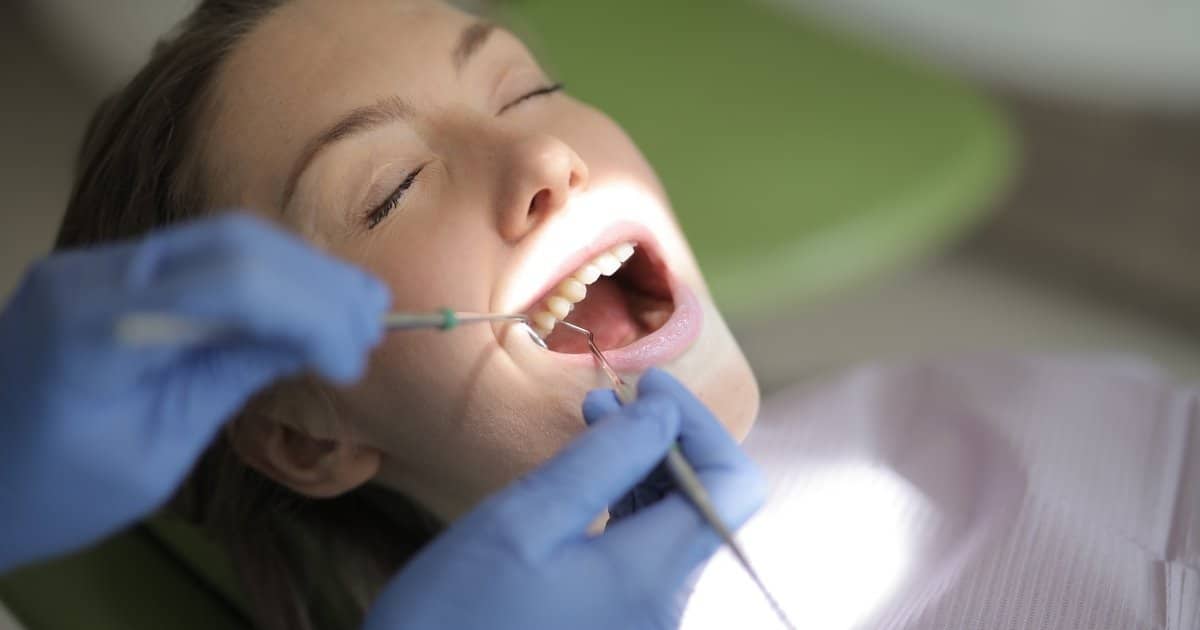Published on February 7, 2025

Smoking is harmful to both oral and overall health. It affects teeth, gums, and breath, making dental cleanings less effective. Even with regular cleanings, tobacco use can cause long-term damage. Understanding the link between smoking and oral health can help individuals make better choices.
The Impact of Smoking on Oral Health
Smoking introduces harmful chemicals into the mouth. These chemicals affect teeth, gums, and soft tissues. Over time, this can lead to serious dental problems.
- Stained Teeth – Tar and nicotine leave stubborn stains that regular cleanings may not remove.
- Bad Breath – Smoking dries out the mouth, leading to persistent bad breath.
- Gum Disease Risk – Tobacco weakens the immune system, making it harder to fight infections.
- Slow Healing – Wounds in the mouth take longer to heal, including those after dental procedures.
- Tooth Decay – Smoking reduces saliva production, increasing the risk of cavities.
Even with professional cleanings, the effects of smoking linger. The chemicals in tobacco make it harder to maintain a healthy mouth.
How Smoking Reduces the Effectiveness of Dental Cleanings?
Dental cleanings Chester helps remove plaque and tartar buildup. However, smoking makes it difficult to achieve optimal results.
Increased Plaque and Tartar Buildup
- Smoking leads to more plaque accumulation on teeth.
- Plaque hardens into tartar faster in smokers than in non-smokers.
- Tartar buildup increases the risk of gum disease and cavities.
Stubborn Stains and Discoloration
- Nicotine and tar cause deep stains on tooth enamel.
- Regular cleanings help, but stains return quickly in smokers.
- Whitening treatments may not be as effective due to ongoing exposure.
Weakened Gum Health
- Smoking affects blood circulation in the gums.
- Poor circulation makes gums more prone to infection.
- Even after a cleaning, gum tissue may struggle to recover.
Reduced Saliva Production
- Saliva helps wash away bacteria and food particles.
- Smoking reduces saliva flow, making the mouth dry.
- A dry mouth allows bacteria to thrive, leading to more plaque buildup.
Lowered Success of Preventive Treatments
- Fluoride treatments and sealants may not work as well in smokers.
- Gum disease treatments take longer to show results.
- Smoking counteracts the benefits of professional dental care.
Long-Term Oral Health Risks for Smokers
Beyond reducing the effectiveness of cleanings, smoking causes lasting damage. Some of the biggest concerns include:
Higher Risk of Gum Disease
- Smoking weakens the body’s ability to fight infections.
- Gum disease progresses faster in smokers than in non-smokers.
- Even with treatment, smokers may continue to lose gum tissue.
Tooth Loss and Bone Damage
- Advanced gum disease can cause teeth to loosen and fall out.
- Smoking affects bone density in the jaw, leading to long-term damage.
- Replacing lost teeth with implants may not be possible due to poor healing.
Increased Risk of Oral Cancer
- Smoking is a major cause of oral cancer.
- Cancerous lesions can develop on the tongue, gums, and throat.
- Regular dental visits help with early detection, but quitting reduces risk significantly.
Can Smokers Improve the Effectiveness of Dental Cleanings?
While smoking negatively affects oral health, there are ways to improve dental cleaning results.
Quit Smoking or Reduce Tobacco Use
- Quitting is the best way to improve oral health.
- Even reducing smoking can make a difference.
- The sooner a person quits, the better the chances of reversing the damage.
Maintain a Strong Oral Hygiene Routine
- Brush teeth twice daily with fluoride toothpaste.
- Use an antibacterial mouthwash to kill harmful bacteria.
- Floss daily to remove plaque between teeth and along the gumline.
Stay Hydrated and Stimulate Saliva Production
- Drink plenty of water throughout the day.
- Chew sugar-free gum to encourage saliva flow.
- Avoid alcohol-based mouthwashes, which can dry out the mouth further.
Schedule More Frequent Dental Visits
- Smokers may need cleanings more often than non-smokers.
- Regular checkups help catch problems early.
- Dentists can provide personalized advice on managing tobacco-related damage.
Smoking has a major impact on oral health and reduces the effectiveness of dental cleanings. While professional cleanings help remove plaque and tartar, the effects of smoking can make it harder to maintain a healthy smile. Quitting or cutting back on smoking, along with good oral care, can lead to better dental health. Regular dental visits, a strong hygiene routine, and a commitment to change can make a significant difference.
